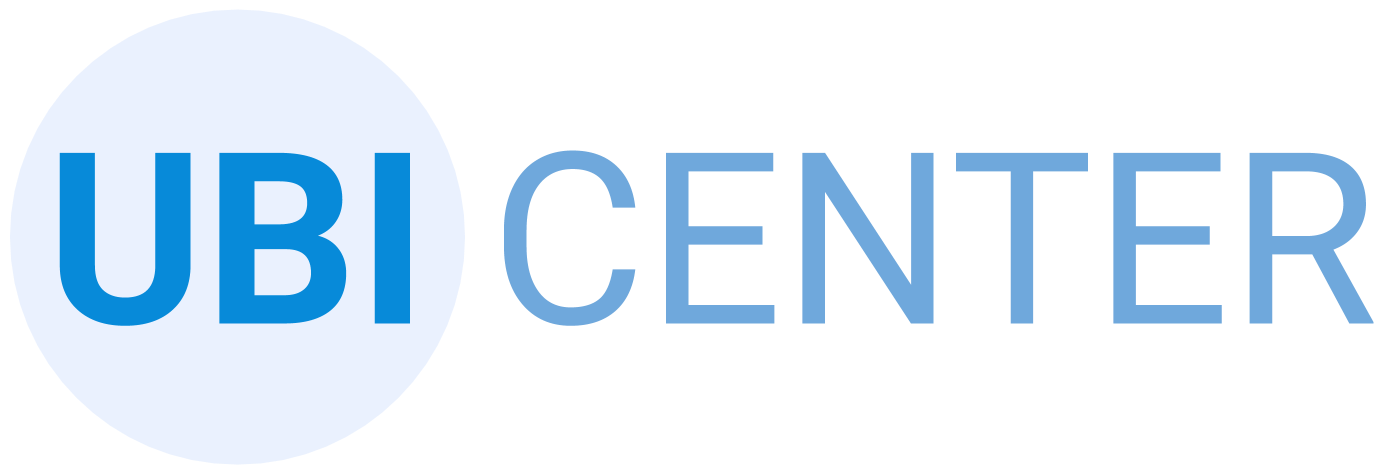2021 year in review
2021 was another difficult year. Amid the tragedy and chaos, societies continued to discuss the role of unconditional safety net policies. We seized the moment, and over a dozen UBI Center researchers produced over 30 works examining universal basic income from all angles: legislation, technology, macroeconomics, public opinion, and more. Here’s what we’ve done in the past year.
Legislative research
Our very first report in June 2019 analyzed Andrew Yang’s Freedom Dividend, and we returned to Yang in June 2021 to study his Basic Income for New York City. We also researched other UBI-related policy proposals in the US, including Senator Mitt Romney’s Family Security Act, California Assemblymember Evan Low’s “CalUBI” bill, and Representative Ilhan Omar’s SUPPORT Act. With the Child Tax Credit in the news, we put out reports on its expansion and what that means for population growth.
One of our most exciting milestones this year was entering the UK policy conversation. When the Liberal Democrats released a UBI policy paper in May, we produced an analysis of the options laid out in their paper, as well as a follow-up describing adjustments to those options that could further reduce poverty and inequality. We also analyzed the UBI Lab Network’s Resilience UBI, one of the more comprehensive UBI proposals to date.
Stylized research
Our bread and butter of researching UBI policies has long extended beyond specific legislation to demonstrate the impact of stylized UBI reforms, and in 2021 this flavor of UBI Center reports became increasingly sophisticated, immersive, and diverse.
In the US, we showed how tax-funded UBI policies would shrink racial poverty disparities, gender poverty disparities, and racial wealth gaps. We calculated how the share of UBI budgets devoted to children affects poverty and inequality, and showed how carbon dividends cut poverty across states. We benchmarked child allowances against free childcare, reviewed UBI and child allowances in California, and applied machine learning to estimate the impact of tax-funded UBI on likely voters.
Our first UK report blurred the lines between stylized and specific reforms, presenting a “Blank Slate UBI” that replaced the full tax and benefit system with a flat income tax and computer-optimized UBI amounts across demographic groups; this was also our first report published with a partner (the Social Liberal Forum). Having then built a microsimulation model of the UK tax and benefit system (the first and only open source one), we used it to calculate the impacts of a UBI funded by a land value tax and by repealing allowances, with a deep dive into repealing the personal tax allowance.
Outreach
We shared our research in op-eds for national publications, on topics from the American Rescue Plan to child allowances to Andrew Yang’s NYC basic income plan to Build Back Better. We even published our first book chapter, on UBI and Effective Altruism.
Many grassroots organizations offered us the chance to speak with their communities about our research: People’s Platform, Nerds for Humanity, Boston Basic Income, Level Up California, USBIG, Social Liberal Forum, Atlas Movement, and Income Movement’s State of the Movement and multiple Clubhouse UBI Updates (actually even more).
We presented our work in academic settings as well. Several of us shared multiple papers, including on broader topics like inflation and dynamic macroeconomic modeling, at the two basic income conferences: NABIG (North America) and BIEN (global). We also presented PolicyEngine, synthimpute, and the Basic Income Builder at the Policy Simulation Library Demo Days, and presented at the PyData Global conference.
Ultimately, our goal is to provide policymakers better information on UBI, and we had the greatest opportunity to do so in the UK. We shared our research directly with policymakers at the All Party Parliamentary Group on Land Value Capture, Cross Party Parliamentary & Local Government Group on Universal Basic Income, and Liberal Democrat conference.
Technology
While our mission is to make universal basic income the most thoroughly researched economic policy, we also strive to be the most technologically sophisticated think tank. Transparency has been at the heart of that technological emphasis, and this year we took a major stride by transitioning our entire website to GitHub, making us the world’s first and only 100% open source think tank (to our knowledge).
That modern open source technology enabled us to launch new interactive tools, from the Basic Income Builder to maps of child allowance impacts by state legislative district to the UBI Poll Tracker.
PolicyEngine
The most important product we built in 2021 was PolicyEngine UK, the world’s first product that allows anyone to reform the tax and benefit system and see the impact on society and their own household. PolicyEngine grew from our creation of OpenFisca UK, a microsimulation model of the UK tax and benefit system which powered our UK reports, offering users the power of that model without the programming required to access it directly.
We launched PolicyEngine in September, and after recognizing its potential beyond UBI, we spun it off into a new nonprofit in October. You can now see it at policyengine.org, and read their progress in this 2021-in-review blog post.
Next year
Many of us are now focused on PolicyEngine, which future UBI Center research will increasingly leverage. While we’ve diversified into exciting projects like the UBI Poll Tracker, our research has always been rooted in policy simulation, so we want to make PolicyEngine the best policy simulation product for the UBI Center and any other researchers to use.
We’re especially eager to bring PolicyEngine US to life, so we can show the full impact of UBI reforms in the US. PolicyEngine will be the first unified tax-benefit model in the US, enabling a complete view of poverty, budgets, and marginal tax rates at the household and societal levels for the first time.
If you’d like to support our work, you can do so with a donation. We also encourage tax-deductible donations to PolicyEngine via their fiscal sponsor, the PSL Foundation, and to GiveDirectly, which provides direct cash transfers to the extreme poor.
On behalf of the UBI Center team, thank you for your support, and we’ll see you in 2022!
Subscribe to the UBI Center
Get the latest posts delivered right to your inbox

